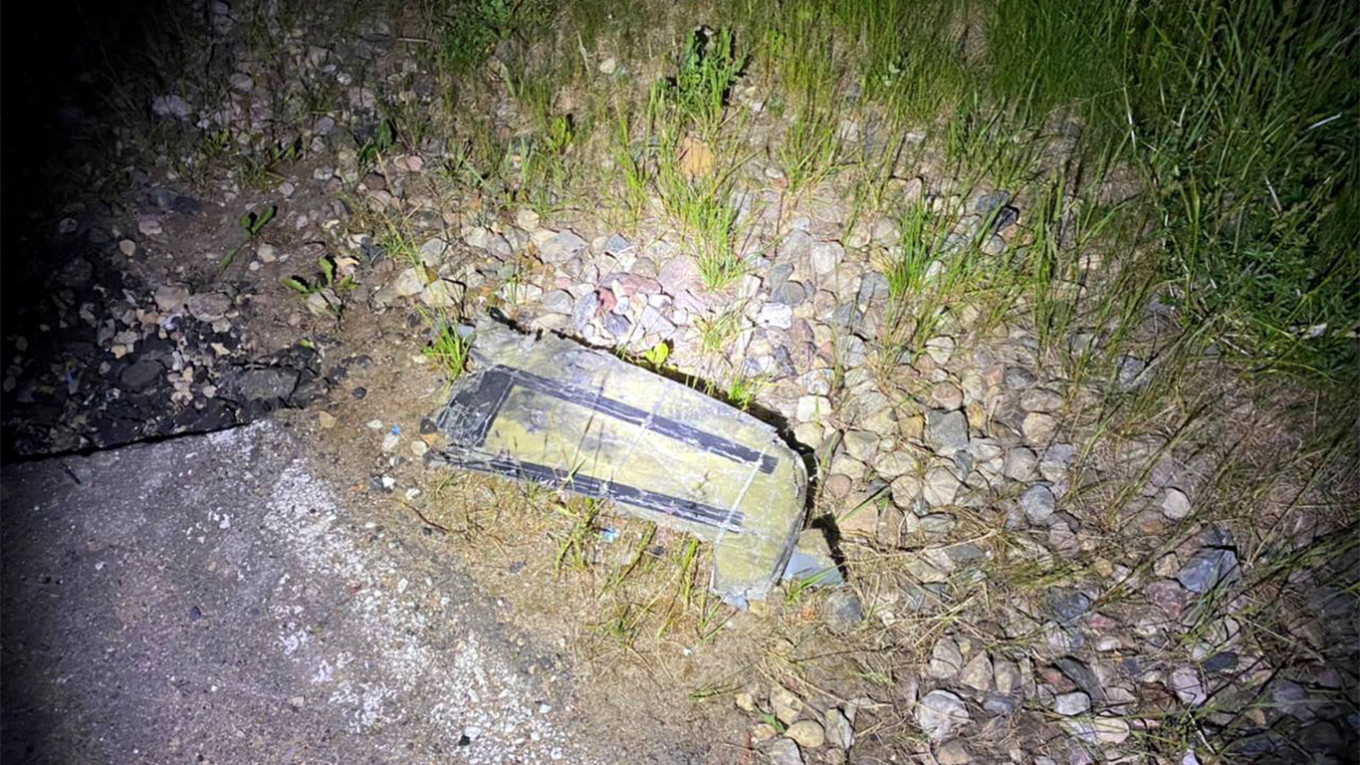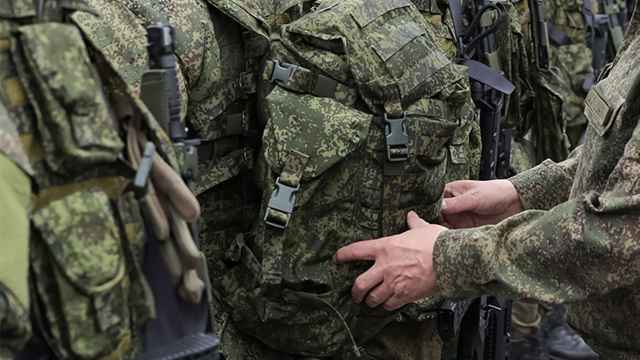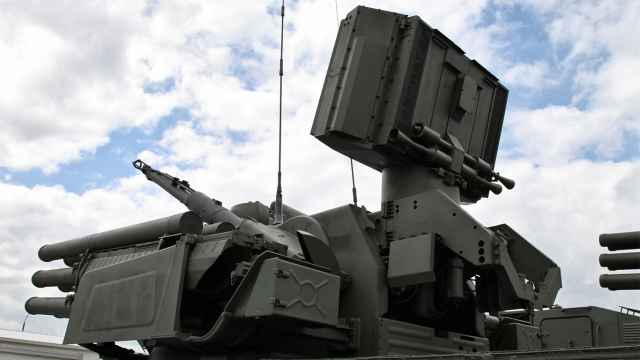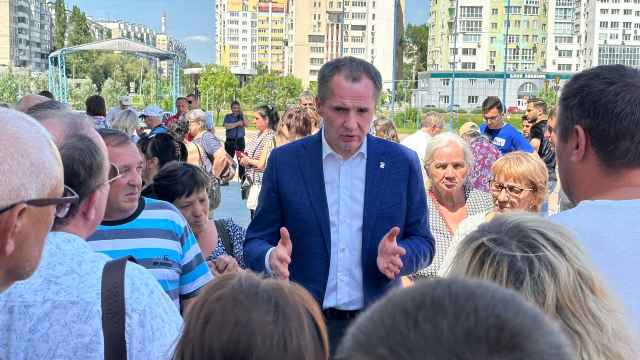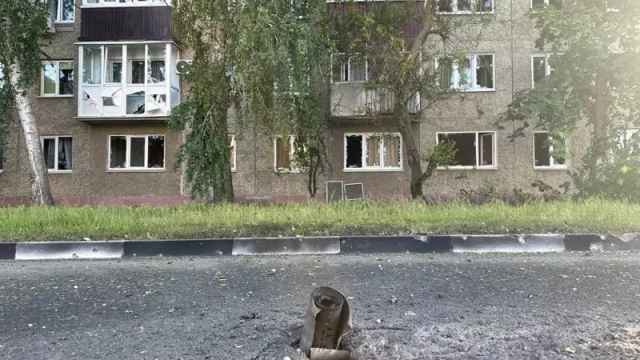At least two oil and gas facilities were targeted in overnight drone strikes in western Russia, officials said Friday amid intensifying drone attacks across Russian regions near the border with Ukraine.
“Two long-range drones attacked fuel and energy complex objects at about 3 a.m.,” said Vasily Anohin, the acting governor of the Smolensk region near the border with Belarus.
He said there was damage and no-one was injured in the strike.
The number of drone strikes on targets in Russia have increased dramatically in recent weeks ahead of what is expected to be an imminent Ukrainian counteroffensive.
Baza, a Telegram channel with purported links in Russia’s security services, identified one of the sites in Smolensk region as a refiniery belonging to state pipeline company Transneft in the village of Peresna.
A second drone targeted a gas distribution station and damaged an administrative building in the village of Divasy, Baza said.
This is the second attack on Russian oil facilities this week. Ukraine adheres to a policy of neither confirming nor denying its role in attacks on Russian territory.
Also on Friday, Russian air defense systems shot down “several Ukrainian drones” in the Kursk oblast near the border with Ukraine, according to Governor Roman Starovoit.
He published footage of an apartment block and several private homes that he said were damaged as a result of the drone strikes.
Alexander Bogomaz, governor of the neighboring Bryansk region, accused Ukraine’s forces of shelling two villages.
He said the attack set two houses on fire but did not cause any injuries.
The Kaluga region, which borders both Bryansk, Smolensk as well as Moscow regions but does not share a border with Ukraine, also reported early morning explosions.
Kaluga region Governor Vladislav Shapsha said an “unidentified object” exploded upon impact in a forest and did not cause any damage.
A Message from The Moscow Times:
Dear readers,
We are facing unprecedented challenges. Russia's Prosecutor General's Office has designated The Moscow Times as an "undesirable" organization, criminalizing our work and putting our staff at risk of prosecution. This follows our earlier unjust labeling as a "foreign agent."
These actions are direct attempts to silence independent journalism in Russia. The authorities claim our work "discredits the decisions of the Russian leadership." We see things differently: we strive to provide accurate, unbiased reporting on Russia.
We, the journalists of The Moscow Times, refuse to be silenced. But to continue our work, we need your help.
Your support, no matter how small, makes a world of difference. If you can, please support us monthly starting from just $2. It's quick to set up, and every contribution makes a significant impact.
By supporting The Moscow Times, you're defending open, independent journalism in the face of repression. Thank you for standing with us.
Remind me later.


